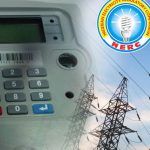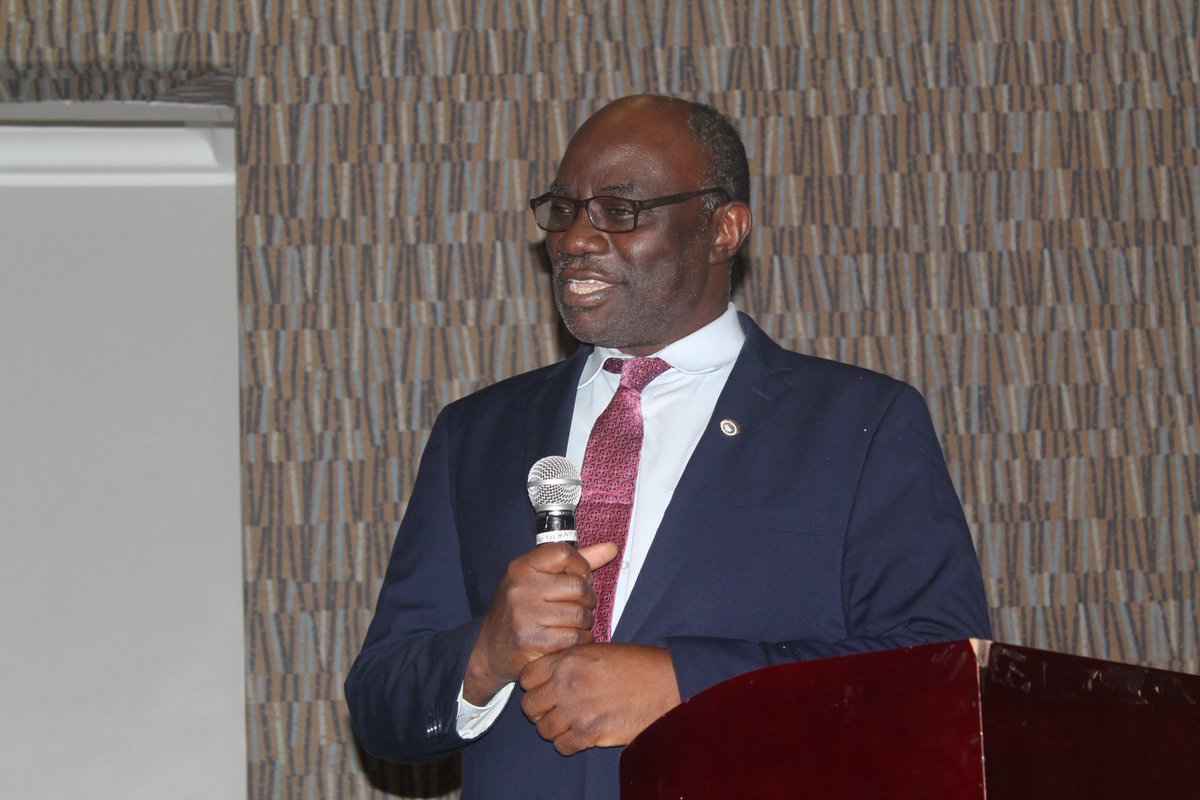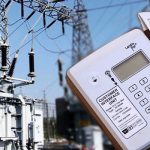The Federal Government has pledged to bridge the revenue gap caused by the difference between the cost-reflective tariffs and the actual tariffs paid by customers of the Kano Electricity Distribution Company (KEDCO). This was outlined in the September 2024 Supplementary Order issued by the Nigerian Electricity Regulatory Commission (NERC) under the Multi-Year Tariff Order (MYTO) framework.
Effective from September 1, 2024, the supplementary order addresses the financial strain KEDCO faces due to external factors such as exchange rate fluctuations and inflation. According to NERC, key indices such as the exchange rate of N1,601.50/US$1 and Nigeria’s 33.40% inflation rate were considered in revising KEDCO’s revenue requirements for the remainder of 2024.
The Federal Government’s intervention aims to fund the revenue gap during the gradual transition to cost-reflective tariffs, ensuring KEDCO meets its financial obligations despite economic pressures. NERC emphasized that government subsidies would be applied through the Nigerian Bulk Electricity Trading Plc (NBET) to guarantee the settlement of market invoices from **Generation Companies (GenCos).
In line with its Service-Based Tariff (SBT) framework, KEDCO has committed to improving service delivery, including a mandate to procure a minimum of 27MW embedded generation capacity, of which 50% must come from renewable energy sources.
NERC also reiterated its commitment to monitoring KEDCO’s service performance, using technology to ensure real-time tracking of electricity supply to customers.
This intervention by the Federal Government is intended to stabilize the electricity sector while shielding consumers from the immediate impact of cost-reflective tariffs, ensuring that KEDCO can continue providing services and investing in infrastructure upgrades.










